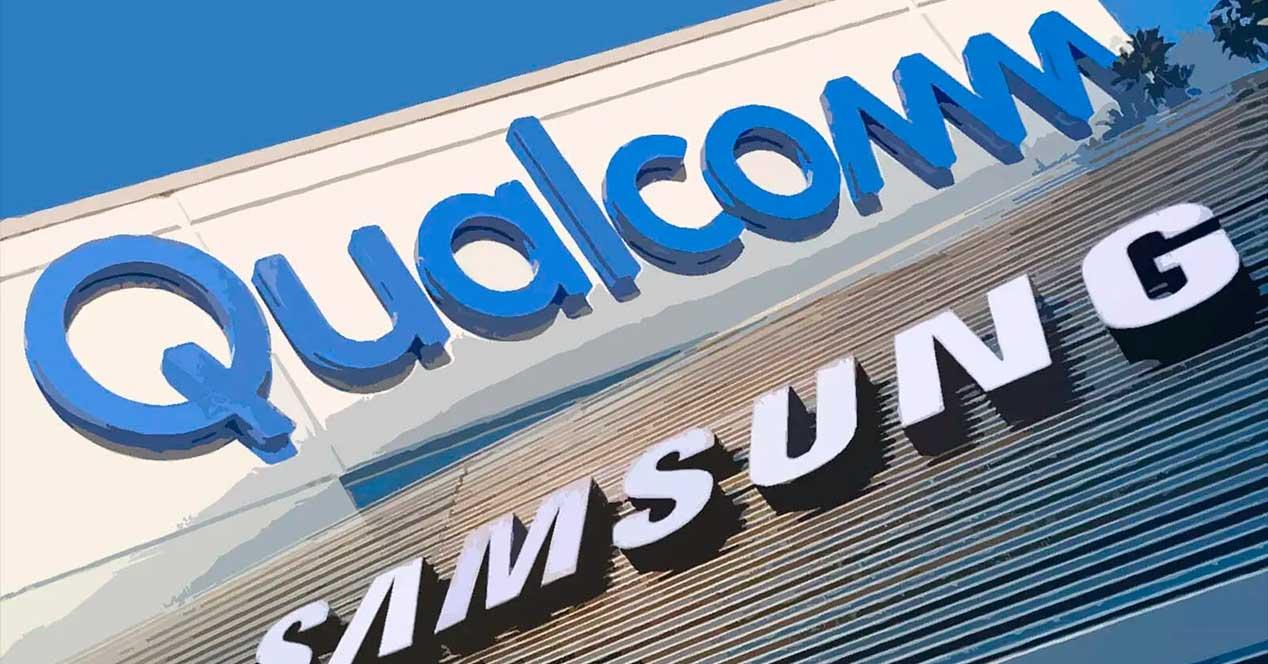In just over a year and a half, there have been two pretty big hits for the industry that will completely change it to the point where the first-gen Ryzen architecture changed it. And it is that efficiency is now going to be the big trigger for the future of processors. Qualcomm knows this and has been relatively quiet until now, until Apple and Intel came to eat their cake. Therefore, the moves will prove to be competitive and the first could be to leave TSMC for Samsung.
If you have no idea what’s behind the scenes in this particular industry, the simpler question is what’s going on? Well, it’s simple and at the same time explaining it serves as a starting point for the topic of this article. Bottom line: Apple and Intel have fully entered the ground Qualcomm dominated with ARM, where it was the absolute leader and with its own weapons they surpass it.
Buy Nuvia to compete in CPU
In February of this year, Qualcomm, in a smart market move, bought the Nuvia company, knowing it was one of the “cheapest” ways to enter the processor business. Logically they were aware of the movements of Apple and Intel after their little family dispute, so they knew perfectly well that the water was coming to their necks and the purchase was a way not only to protect themselves, but to trigger the cons. -attack.
It is currently under development where Qualcomm had to make a difficult decision for the second half of next year or the start of 2023, since knowing that Apple and TSMC are “the nail and the flesh”, that those of Cupertino have absolute priority for the new node that each generation leaves the Taiwanese, what options does Qualcomm have to be able to beat its rivals and be ahead?
Qualcomm and Samsung: the first ARM GAA processors?
The problem here is evolution and time, a hard nut to crack when you’re competing to get there first. Apple will continue to rely on TSMC for its 3 nm, but these will continue to be FinFETs, Intel is a bit late and RibbonFETs will arrive after the dates indicated, so the only viable option is Samsung, which could sign a contract with sufficient volume thanks to the new FABs that he will create looking forward for the next few years.
For all this, Samsung claims that in the first half of 2022 it will mass produce its new 3nm node with GAA transistors that will likely achieve better efficiency and better consumption, not so much performance per se, at least in the early versions of it. Rumors point to this result, where Qualcomm is said to have a more advanced node than Intel and Apple / TSMC, maybe not that dense, but they could compete and maybe win in the battle for efficiency if they make an ARM processor design up to the task.
And is that the delay that Samsung now has in front of its two rivals will be an advantage next year, arriving first in the ring and having more experience with the creation of wafers and the burning of these transistors, of which Qualcomm could benefit and rise to the height of its rivals.










